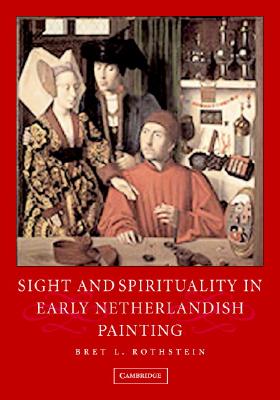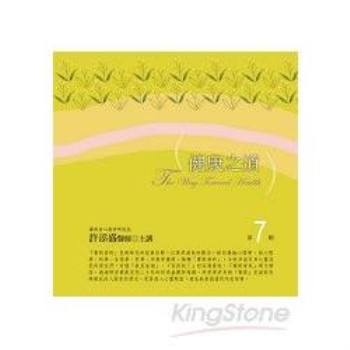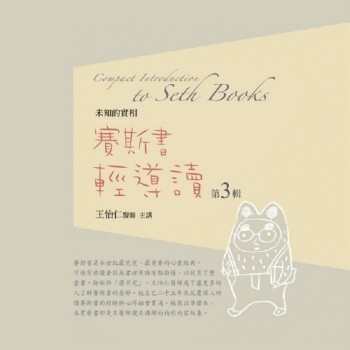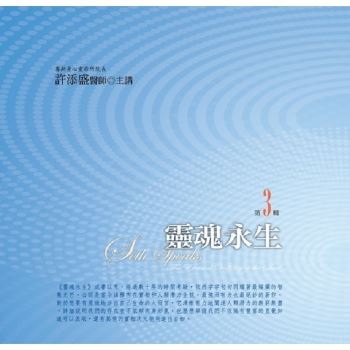Sight and Spirituality in Early Netherlandish Painting examines the importance of vision as a narrative and thematic concern in works by artists such as Jan van Eyck, Petrus Christus, and Roger van der Weyden. Bret Rothstein argues that their paintings invited the viewer to demonstrate a variety of mental skills. Depicting religious visual experience, these works alluded to the imperceptibility of the divine and implicated the viewer's own experience as part of a larger spiritual and intellectual process. Rothstein demonstrates how and why the act of seeing became a highly valued skill, one to be refined and displayed, as well as a source of competition among both artists and patrons.
| FindBook |
有 1 項符合
Sight And Spirituality In Early Netherlandish Painting的圖書 |
 |
Sight And Spirituality In Early Netherlandish Painting 作者:Rothstein 出版社:Cambridge University Press 出版日期:2005-07-25 語言:英文 規格:精裝 / 262頁 / 25.7 x 18.5 x 2.3 cm / 普通級 |
| 圖書館借閱 |
| 國家圖書館 | 全國圖書書目資訊網 | 國立公共資訊圖書館 | 電子書服務平台 | MetaCat 跨館整合查詢 |
| 臺北市立圖書館 | 新北市立圖書館 | 基隆市公共圖書館 | 桃園市立圖書館 | 新竹縣公共圖書館 |
| 苗栗縣立圖書館 | 臺中市立圖書館 | 彰化縣公共圖書館 | 南投縣文化局 | 雲林縣公共圖書館 |
| 嘉義縣圖書館 | 臺南市立圖書館 | 高雄市立圖書館 | 屏東縣公共圖書館 | 宜蘭縣公共圖書館 |
| 花蓮縣文化局 | 臺東縣文化處 |
|
|
圖書介紹 - 資料來源:博客來 評分:
圖書名稱:Sight And Spirituality In Early Netherlandish Painting
|











